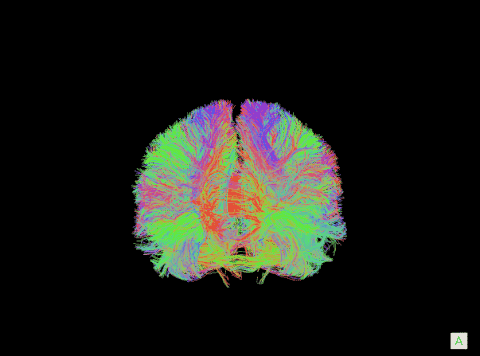
Renaissance superstitions presented individuals with a complicated mix of enlightened perception into science, plus beliefs within the supernatural and pagan influences past one’s management. In 2018, scientists rode the activist momentum of 2017 to step out of the lab and into the public sphere: There was an unprecedented surge of candidates from STEM fields making a go at the US midterm elections , activists held a second March for Science , and there were so many developments within the #MeToo motion by victims and advocates talking out to effect change in the scientific group that we devoted a separate finish-of-year overview to those information experiences.
Ultimately, promoted by mainstream media by means of the huge reaches of “infotainment”, many of the public involves imagine the theories as actual science. News Bookmark Supervisor to save lots of and keep links to your favorite science information for future reference.
Unsubstantiated by scientific sufficiency, self-serving necessity for instant satiation grasps simplistic options or superficial answers to complex behavioral points. AI and Knowledge Science are getting used to foretell unfavorable and unforeseeable circumstances which may come up in future, and take necessary actions upfront.
Maybe essentially the most beautiful example of that is how …



